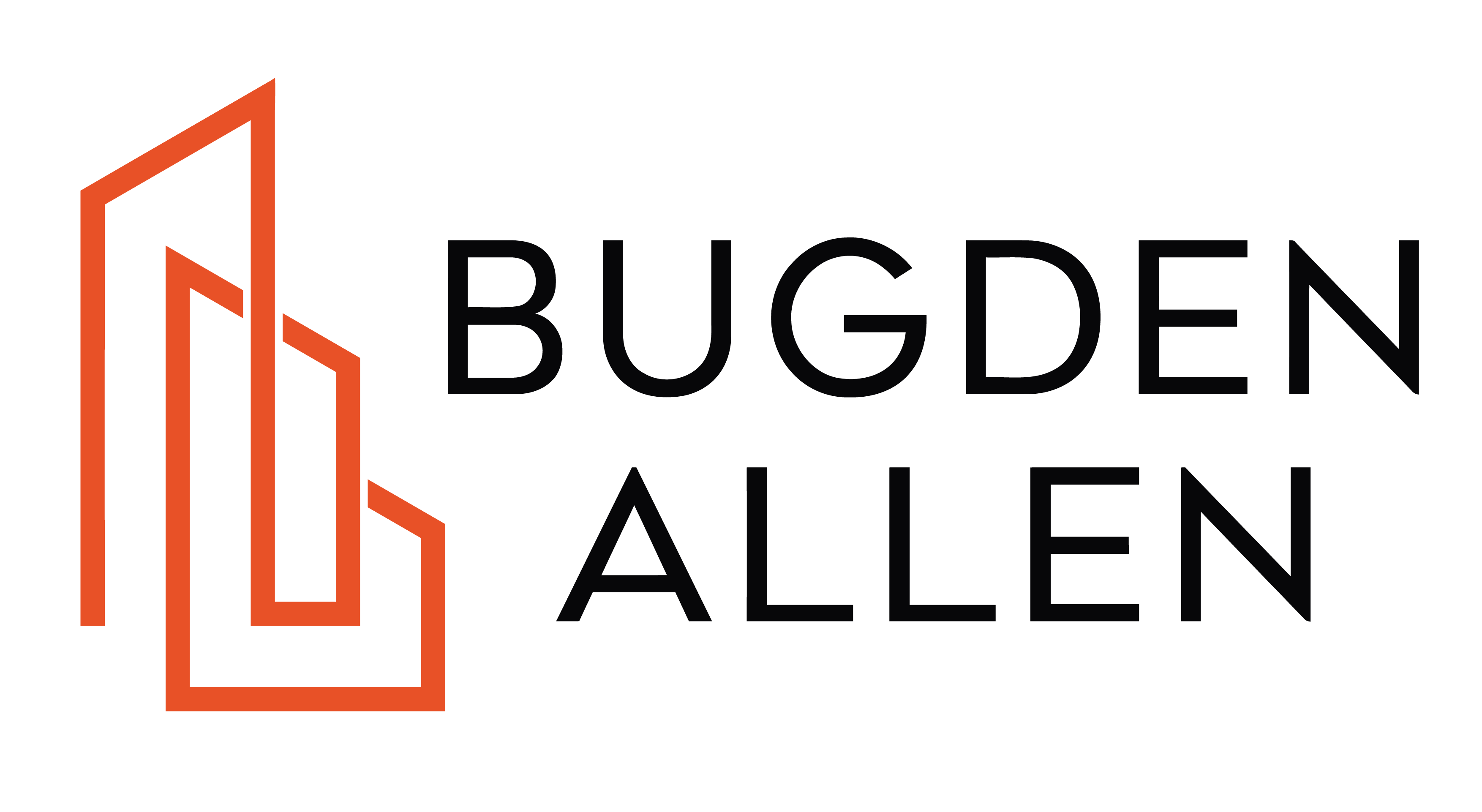Transfer of Management Rights Tool Kit
Transfer of Management Rights Tool Kit
1. Regulation of the transfer of management rights
Management rights are typically a ‘package’ which comprises:
- a manager’s unit;
- rights to occupy common property (including an office and reception area);
a management and letting agreement (which can be separate agreements or - combined in a single agreement); and
- a by-law conferring exclusivity in relation to on-site letting.
The management and letting agreement(s) (“Agreement”) commonly has a term of 10 or 25 years, depending upon the Regulation Module which applies to the community titles scheme. It provides for the caretaking of the building and the conduct of a letting business within the building by the manager. It usually contains a clause entitling the manager to assign or transfer the Agreement and common property occupancy rights upon certain conditions. The Agreement commonly refers to this as an “assignment” whereas the community titles legislation refers to it as a “transfer”. Those 2 terms mean the same thing, a change of ownership from a Seller to a Buyer of the management rights.
There is no similar provision in the Agreement regulating voluntary transfer of the manager’s unit or the exclusivity by-law. The body corporate need not be involved because the unit can be transferred under normal property law rights and the by-law is attached to ownership of the unit.
In addition to the contractual entitlement, the applicable Regulation Module confers on the manager a statutory right to transfer the management rights. For present purposes we will assume that the Body Corporate and Community Management (Accommodation Module) Regulation 2008 (“Accommodation Module”) applies, but most of the regulation modules contain similar provisions to those in the Accommodation Module.2
It follows that the transfer (or assignment) of management rights is regulated by:
- the relevant regulation module (in our case the Accommodation Module); and
- the assignment clause in the Agreement
Both of those documents need to be examined to determine how a particular transfer process should proceed.
1This Tool Kit is suitable for use under all Regulation Modules, other than the Body Corporate and Community Management (Small Schemes Module) Regulation 2008 and the Body Corporate and Community Management (Specified Two-lot Schemes Module) Regulation 2011.
The exceptions being the Body Corporate and Community Management (Small Schemes Module) Regulation 2008 and the Body Corporate and community Management (Specified Two-lot Schemes Module) Regulation 2011.
2. Consent to a transfer
The ‘headline’ provision in the Accommodation Module says that a person’s rights under an Agreement may be transferred only if the body corporate approves the transfer.3 Provided a general meeting of the body corporate has not reserved to itself the right to approve the transfer of management rights, the approval can be done by the committee.4 However, in some cases a transfer of management rights is accompanied by changes to the Agreement. In such cases, the transfer and change package would need to be approved by a general meeting.
The Agreement will usually contain a clause conferring on the manager the right to transfer or assign. This is additional to the statutory right to transfer. Where there is a conflict between such a clause and the provisions of the relevant regulation module, the provisions of the module will prevail.
- Section 120(1) of the Accommodation Module.
- See sections 42(1)(c) and 120(2) of the Accommodation Module.
3. The application for consent
The application for consent is usually made by the caretaker’s solicitor. It usually takes the form of a letter, accompanied by a draft Deed of Assignment (which is the transfer instrument) and supporting material, such as resumes and references for the proposed transferee. It is most likely that the Deed of Assignment will have been prepared by the solicitor acting for the proposed transferee. If the supporting material submitted is inadequate, the body corporate is entitled to ask for additional material to enable the application to be properly considered. The body corporate should act promptly in advising of any required additional supporting material.
The body corporate must decide whether to approve the proposed transfer within 30 days of it receiving the information reasonably necessary for it to decide the application.5 It is therefore important that the body corporate acts quickly and that it does not require any information that is not reasonably necessary for making its decision (see paragraph 6 below for further discussion).
Section 120(4) of the Accommodation Module.
4. Legal and administrative costs of the consent
Subject only to the transfer fee provisions (as to which see paragraph 10 below), the body corporate cannot require or receive a fee or other consideration for approving the transfer (other than reimbursement for expenses reasonably incurred in relation to the application for its approval).6 The expenses usually comprise legal costs and administrative charges from the body corporate manager.
If the body corporate decides not to approve the transfer, there is some doubt as to whether it can recover such expenses in the absence of a special arrangement. This is because of a possible defect in the wording of the regulations which was identified in a recent QCAT decision.7 In that decision it was held that “Section 120(6) envisages that certain costs incurred by a body corporate in approving a transfer can be placed upon another party, but it does not provide for the imposition of cost on another party simply in relation to considering an application.”8
In the absence of a clause in the Agreement which addresses this issue, it is important that the body corporate obtains from the caretaker (i.e. the transferor) a separate agreement to pay the reasonable legal and administrative costs of the application, irrespective of the result. The caretaker is not obliged to enter into such an agreement and if they refuse, there are 2 options available to the body corporate:
- Proceed with the application and risk the possibility of the body corporate being liable for the costs and expenses if the application is not successful.
- Adopt the position that the application can only proceed on the basis that the caretaker will be responsible for the reasonable legal and administrative expenses of the body corporate irrespective of the outcome of the application. The body corporate would need to maintain that position until an agreement to that effect is reached.
Option (2) carries the risk of liability if the sale falls through because of the delay and it is subsequently held that the body corporate’s requirement was unreasonable or otherwise illegal. On the latter point, the prohibition in section 120(6)(b) is against requiring or receiving a fee or other consideration “for approving the transfer”. Therefore, insisting on a fee for “considering the application for approval to transfer” is arguably permitted, provided it is reasonable.
- Section 120(6)(b) of the Accommodation Module.
- K&A Property Services Pty Ltd v Body corporate for Island Park Gardens CTS 20219 [2016]QCAT 308 (31 August 2016).
- At paragraph [45].
5. Relevant matters for consideration by the committee
In deciding an application, the body corporate can only consider matters that are specified in the Accommodation Module or the Agreement. The Accommodation Module says the body corporate may have regard to the following matters in deciding whether to approve a proposed transfer:
- the character of the proposed transferee and related persons of the proposed transferee (such as the directors and shareholders of a corporate transferee or the person proposed as the on-site manager); 9
- the financial standing of the proposed transferee;
- the proposed terms of the transfer;
- the competence, qualifications and experience of the proposed transferee and any related persons and the extent to which the proposed transferee and related persons has received or are likely to receive training; and
- matters to which under the Agreement the body corporate may have regard.
It is not uncommon for Agreements to be silent on matters to be taken into account when deciding applications to transfer. In the case of each assignment, the Agreement must be analysed, and a final list prepared of matters which can be taken into account by the body corporate.
“Related persons” are defined in section 120(8) for the purpose of the section.
6. Information required in support of the application
The information needed to support an application will be determined by:
- the final list of matters that can be taken into account in determining the application;
- the broader terms of the Agreement (particularly the duties the caretaker is required to undertake); and
- the nature of the entity that is purchasing the management rights.
In relation to (c) above, if the entity is a trust with a corporate trustee, then the extent of the required information will be significantly greater than for a purchaser who is a natural person or a sole corporate purchaser.
In addition to obtaining such things as balance sheets, resumes, references, criminal record checks, licences, etc. it is good practice for the body corporate to require the proposed transferee to answer a comprehensive Questionnaire which seeks to elicit information relevant to the final list of matters that can be taken into account in determining the application. The Questionnaire may vary from matter to matter because the final list of matters may itself vary from matter to matter. Care therefore needs to be taken in relying on any “standard form” list of questions.
Unfortunately, some prospective purchasers sign purchase contracts thinking that they will be able to obtain a “top-up” of the term of the Agreement after they settle the purchase. Sometimes they are told this by the outgoing caretaker or the sales agent. It is therefore wise for a body corporate to seek information from the prospective purchaser of their expectations in this regard. Bugden Legal has a “Caution Statement” about top-ups which the proposed transferee is required to read and acknowledge as part of the transfer process. This has the potential to protect the body corporate if in the future it resolves to decline a “top-up” request. A copy of the Caution Statement appears in Form A.
The information process usually concludes with a personal interview of the proposed transferee and related parties by the full body corporate committee or its representative group. The interview is a vital part of the approval process and provides an opportunity for the committee to seek clarification of or further information about materials provided by the transferee as part of the approval process.
7. The draft Deed of Assignment
It is common practice for the draft Deed of Assignment (prepared by the transferee’s solicitor and submitted to the body corporate with the consent application by the transferor’s solicitor) to contain a number of warranties or releases on the part of the body corporate. Great care needs to be exercised in determining whether the body corporate should agree to those warranties. Sometimes, it is necessary for the historical basis of the management rights to be examined before the body corporate can decide with any confidence as to the appropriateness of such warranties.
8. Conditional approval
There is nothing in the Accommodation Module which says the approval must not be conditional. Indeed, section 120(5) expressly allows for the approval to be given subject to a condition that the transferee enters into a Deed of Covenant with the body corporate to comply with the terms of the Agreement. While it might be argued that this is the only condition which may be applied, it is commonly accepted that the approval could be given subject to reasonable conditions, such as a requirement for the transferee to undertake training.
Caution will need to be exercised before adopting a conditional approval, because the scope for additional approvals will no doubt be limited by the Courts.
9. Refusing approval
The Accommodation Module provides that the body corporate must not unreasonably withhold approval to the transfer.10 In practice, this means that there will be very limited circumstances in which a refusal to approve cannot be challenged. Furthermore, if the sale fails to proceed and the refusal is successfully challenged, the body corporate will most likely be held liable for damages for the loss of sale.
If approval is to be refused, a strategy needs to be carefully developed and implemented to ensure that due process is observed and all options to avoid the refusal are properly considered.
Section 120(6)(a) of the Accommodation Module.
10. Transfer fees
In limited circumstances, a body corporate may be entitled to receive a “transfer fee” for approving a transfer of management rights. The legislative provisions in this regard are complex and subject to exceptions, but in general terms, the transfer fee is only payable if the transfer occurs within 2 years of the Agreement being entered into. If the transfer occurs within the first of those years, the transfer fee is 3% of the “fair market value of the transfer”. If the transfer occurs within the second of those years, the percentage is reduced to 2%.
It is normal practice for a solicitor representing the body corporate on a transfer of management rights to assess whether a transfer fee is likely to be payable. The claim is then made on the transferor, who may object to the claim in certain circumstances.
11. Settlement process
The settlement process is similar to a conventional settlement of a conveyance, although it usually involves 3 interdependent transactions:
- the sale of the manager’s unit;
- the sale and transfer of the Agreement; and
- the financing of both those sales (usually involving a Bank).
It is important that the Deed of Assignment (signed by the body corporate) is not handed over until the actual settlement occurs and only then in exchange for payment of its legal costs and expenses and satisfaction of any other conditions of the approval. This can be achieved by the body corporate’s solicitor attending on the settlement or the deed being made available in advance of the settlement on appropriate “solicitor to solicitor” undertakings.
12. Conclusion
It is very clear from the above that the body corporate’s role in relation to the transfer of management rights is complex and needs to be undertaken with care and with the benefit of competent legal advice. It is fortunate that in most cases the cost of such assistance is fully recoverable from the transferor of the management rights (i.e. the outgoing caretaker).
Forms
FORM A – CAUTION STATEMENT






